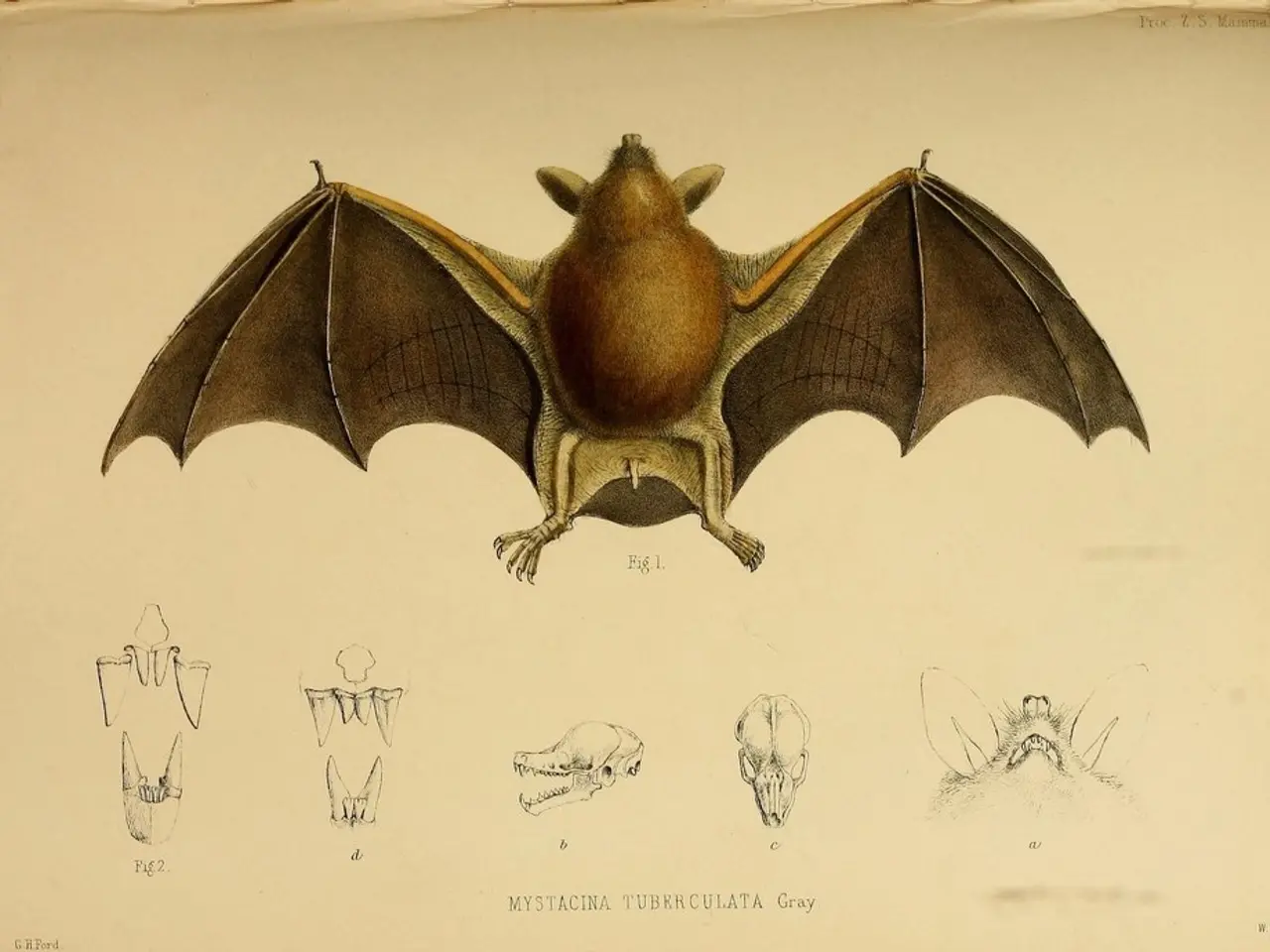Aluminum-Ion Batteries: The Next EV Game-Changer?
Aluminum-ion batteries, a promising alternative to traditional lithium-ion batteries, have gained attention for their potential in electric vehicles. These batteries, using aluminum as the carrying ion, promise impressive ranges and lifespans. However, challenges in electrolyte stability and material issues on the cathode side persist.
Aluminum-ion batteries typically use a thin aluminum foil anode, a mixture of aluminum chloride and organic chloride salt electrolyte, and a carbon, graphite, metal oxide, or graphene cathode. Unlike lithium-ion batteries, which deliver around 3.2 to 3.7 V, aluminum-ion batteries offer lower cell voltages, typically between 1.2 to 2.5 V. Despite this, they boast remarkable ranges, with promises of up to 1,500 km and 15,000 charge cycles. Moreover, these batteries exhibit cold resistance, making them suitable for various climates.
The key to aluminum-ion batteries' potential lies in the aluminum ion (Al3+), which can transfer three electrons per ion. This allows for higher energy density and faster charging. However, challenges remain, including electrolyte stability and material problems on the cathode side during charge and discharge. While lab tests show promising results, such as up to 5,000 charge-discharge cycles with less than 1% capacity loss after 10,000 cycles using solid electrolytes, real-world performance is still under scrutiny.
As of 2026, there are no official updates or statements confirming Tesla's involvement in aluminum-ion battery development. Tesla's focus remains on lithium-ion and other battery technologies. The cost of aluminum-ion batteries is not solely determined by the anode metal, as aluminum is cheaper than lithium, nickel, and cobalt. Today's lab cells achieve around 300 to 350 Wh/kg, lower than the 700 Wh/kg reached by lithium-ion cells.
Aluminum-ion batteries, with their long lifespan, stable chemistry, and lower reactivity, offer good safety prospects. However, their fast-charging capability, capacity, and cycle life under realistic conditions require further improvement. As research continues, these batteries could revolutionize electric vehicles, given their potential for high ranges and lifespans.
Read also:
- Two farmers in Zambia take legal action against two firms with Chinese connections, alleging an ecological disaster caused by their operations.
- Deepening EU-India relations despite apprehensions regarding Moscow connections
- Ongoing Transition Towards Cleanliness
- Biden-Harris Administration's Public Lands Rule Sparks Utah Dispute







